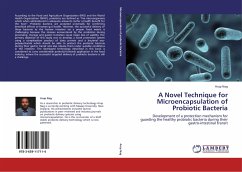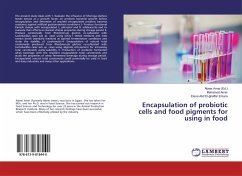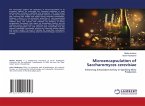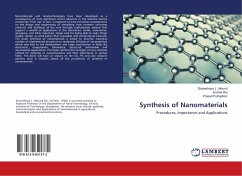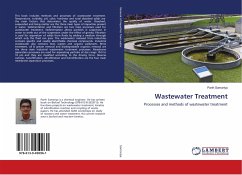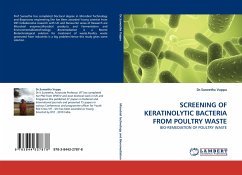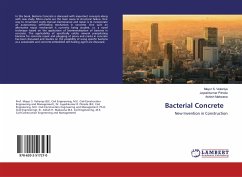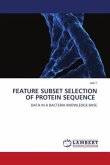According to the Food and Agriculture Organization (FAO) and the World Health Organization (WHO), probiotics are defined as live microorganisms which when administered in adequate amounts confer a health benefit for the host . Probiotic bacteria are accepted universally for conferring beneficial effects to human gut health. However, the successful delivery of these bacteria to the human intestine via a proper food matrix is challenging because the stresses encountered by the probiotics during processing, storage and gastric transition cause major loss of viability. The primary objective of this study was to develop a novel protection system using a complexation product of dairy protein and a bacterial exo-polysaccharide which should be able to protect the probiotic bacteria during their gastric transit and also release them under suitable conditions in the intestine. The developed technology described in this book is considered to carry considerable potential towards application in the food industry, where the successful targeted delivery of probiotic bacteria is still a challenge.
Bitte wählen Sie Ihr Anliegen aus.
Rechnungen
Retourenschein anfordern
Bestellstatus
Storno

